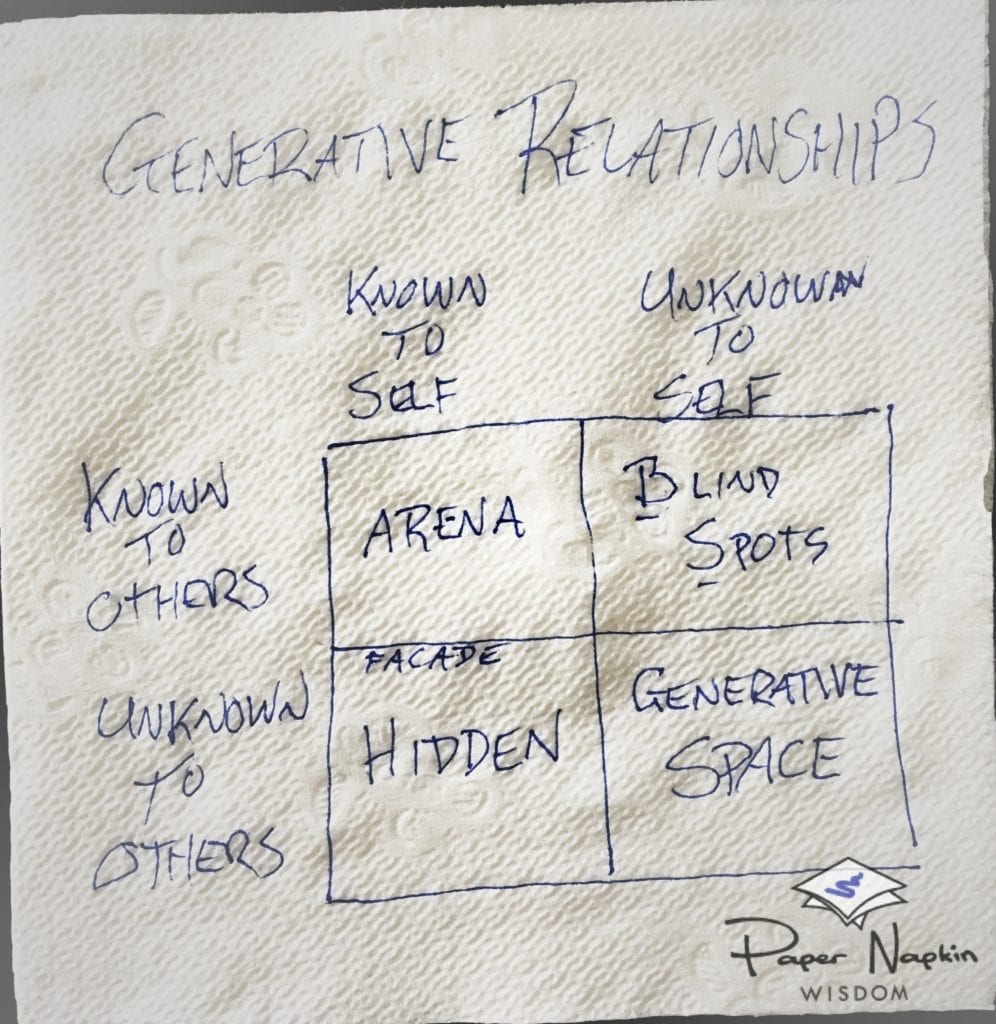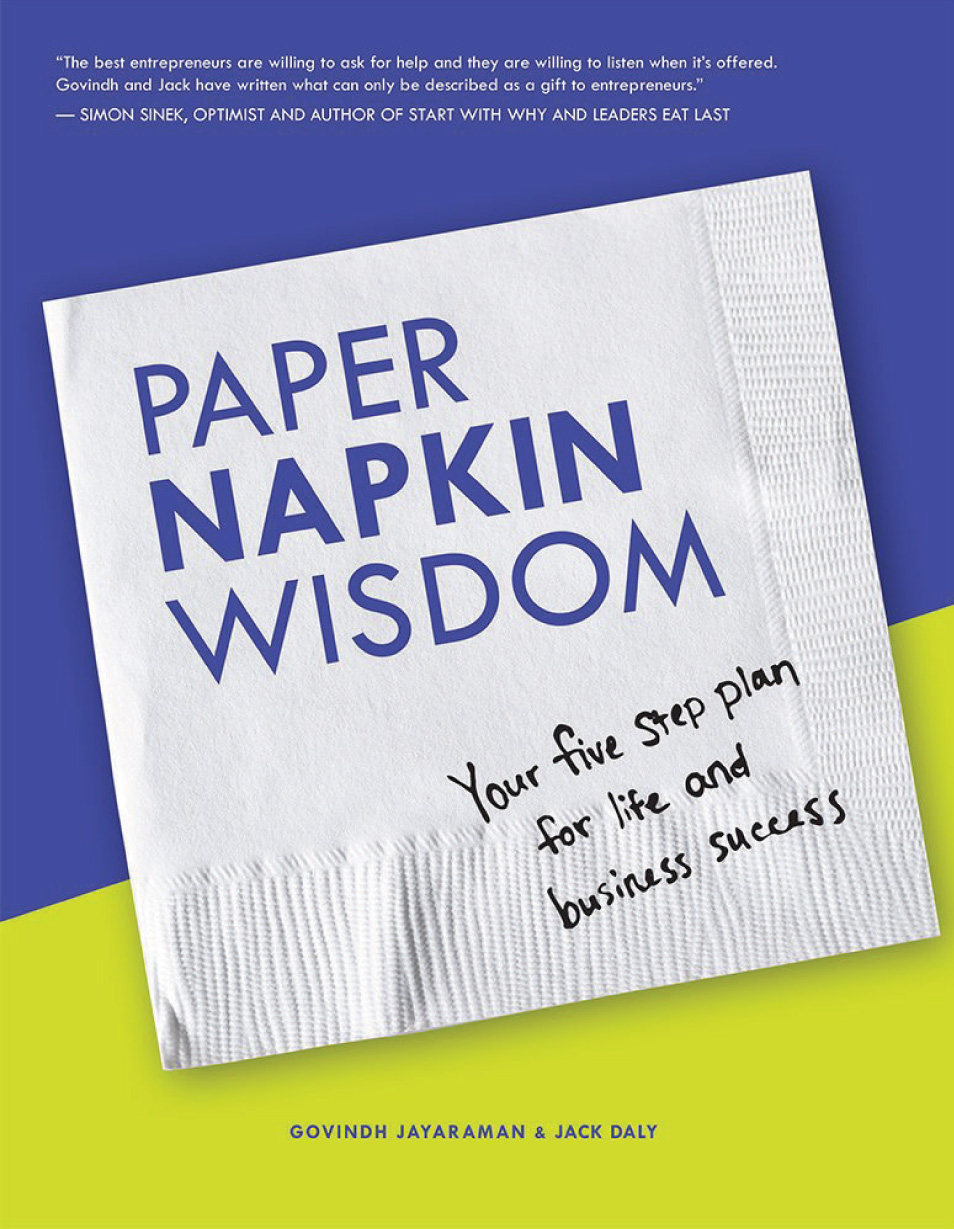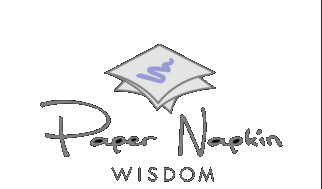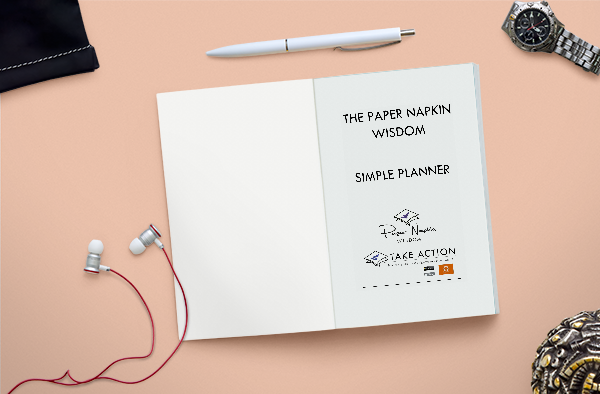Episode169: Generative Relationship-Building for Entrepreneurs – Peter Mellen (entrepreneur)

The Johari window was created by two psychologists in the mid-1950s as a tool for personal, group, and relationship development. Peter Mellen uses the Johari window as the framework for discussing how individuals and groups act, and how communication and relationships can grow.
There are four sections to the Johari window:
- Arena or Open: This is information we know about ourselves that’s also known to others.
- Façade or Hidden: This is information known to us that we do not share with others.
- Blind: This is information we don’t know about ourselves but others do.
- Unknown, or what Peter calls Generative Space: What neither we nor others know about ourselves.
Peter says it is important to expand Arena in order to achieve successful relationships. The more we get to know about the other person, the stronger our relationship would become. These relationships could lead to successful results in groups. As Peter says, “As we grow Arena, we build trust stronger and more transparent relationships.”
In the Façade area Peter asks, “What does an entrepreneur choose to keep behind the façade in the realm of the hidden and why do they do it?” It could be because of the fear that if entrepreneurs expose what’s hidden, it would lead to failure. Basically, “a fake it, until you make it” mentality. The challenge for the entrepreneur in this area is to let that fear go and seek the help that’s needed.
The next area, Blind, Peter explains how we might deny our blind spots’ existence, and they can be difficult to hear about. A first reaction might be to push it away. But a better response he says is “thank you.” He suggests that we “listen generously and be willing to try it on.” It is an area for learning and personal growth.
The last area is Generative Space. Peter explains this portion by calling it our “potential” ? where all the unarticulated parts of ourselves are and “where miracles happen.” It is where creation exists. He describes how this portion is our strengths and all those potential skills that we do not know about ourselves, but can discover by looking at ourselves from a different angle, or challenging ourselves to push the envelope.
Growing as an entrepreneur includes the challenge of finding our strengths and working on what we do not know about ourselves every single day. With better knowledge of ourselves and others knowing us as well, barriers are opened up and organizational relationships can grow.
Paper Napkin Wisdom: Your Five-Step Guide to Life and Business Success
The Paper Napkin Wisdom book is an amalgam of knowledge extracted from some the world’s most successful leaders and CEOs. Forged by two Sages of Success with a passion for helping others reach their full potential, the book has served as a guide for anyone on the quest for more. Govindh Jayaraman and Jack Daly have worked tirelessly to compile the musings, failures, and lessons of the world’s top performers
What they found were five common traits among the people they interviewed.
Paper Napkin Wisdom condenses virtually every lesson you need to know to replicate and produce your own vision of triumph. The book will challenge you to identify your own patterns and the blockages holding you back from your best life. Those who are ready to take themselves on will embark on a 52-week journey that will change their lives and levels of prosperity.
If you want to be a stronger leader, run a profitable business, or serve your family and community in a meaningful way, the juicy tidbits and chunky takeaways within these pages can get you on the path.
Get inspired.
Look inward.
Take Action.
You’ll be glad you did.






